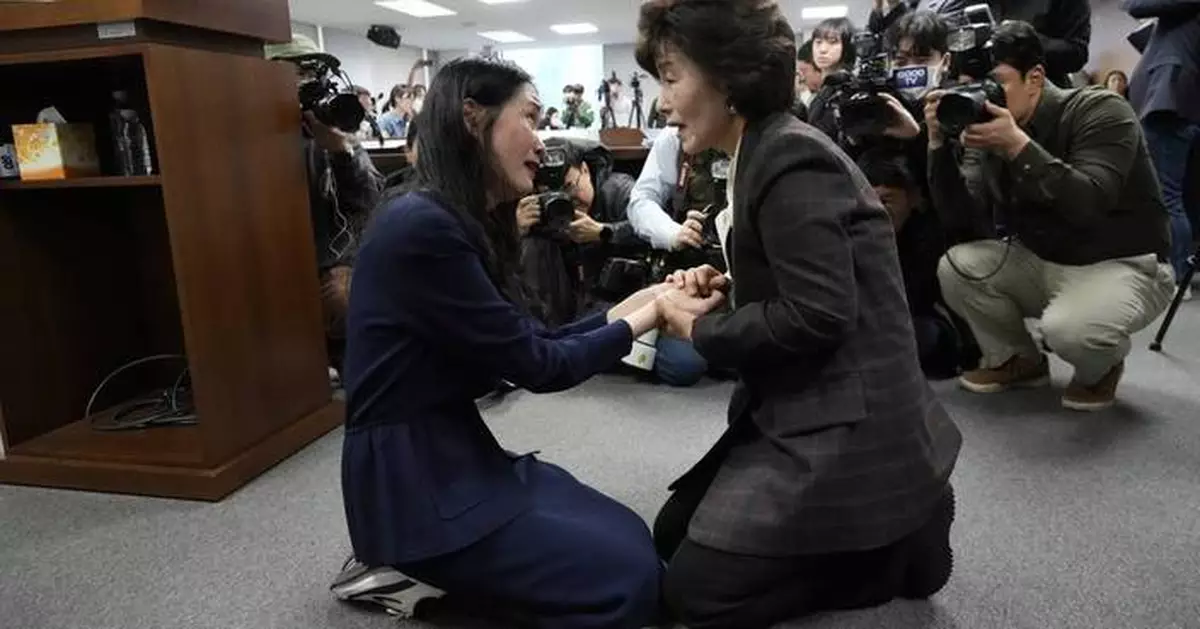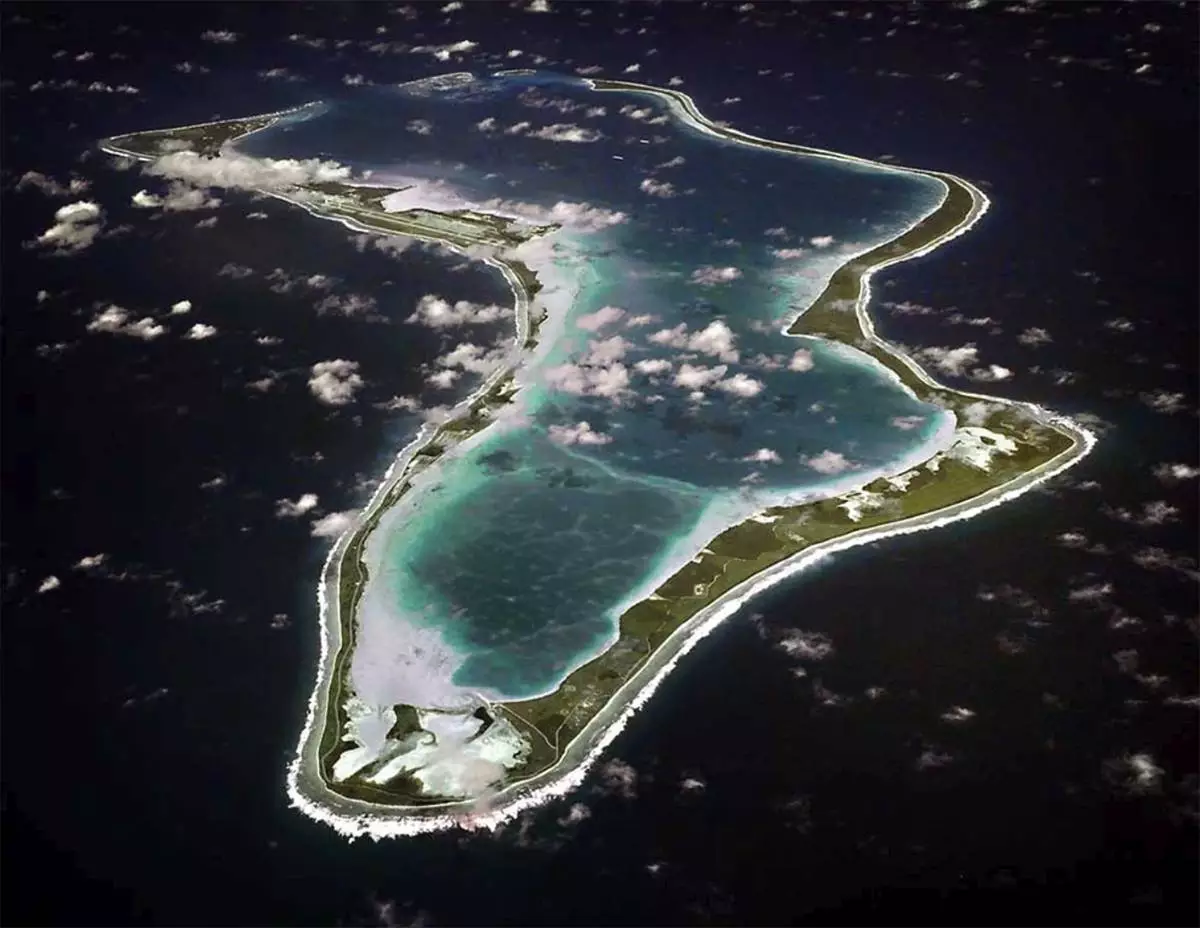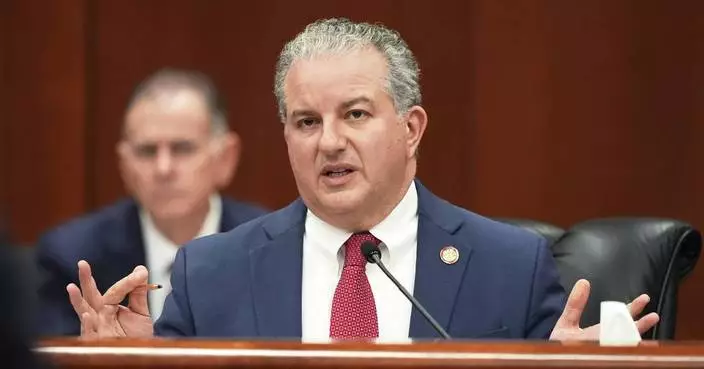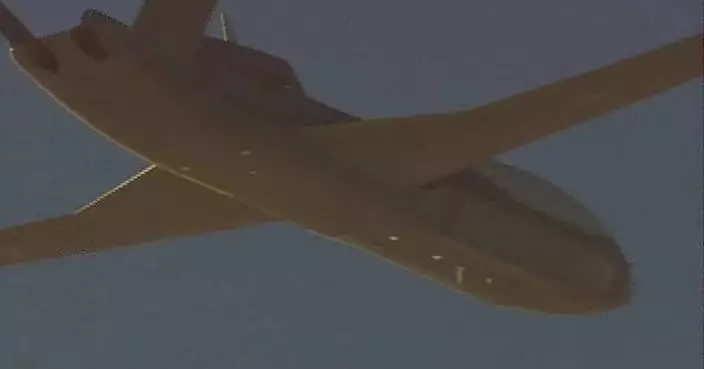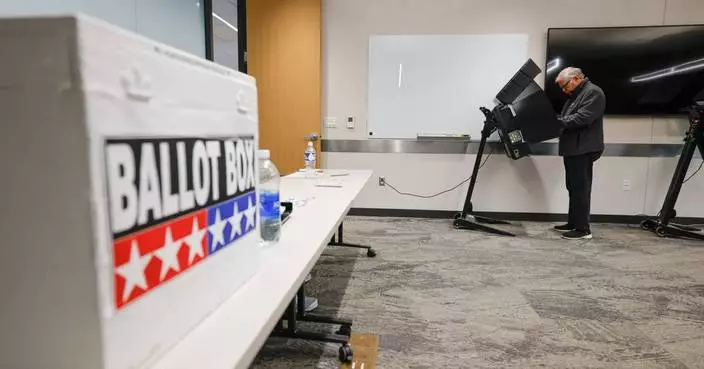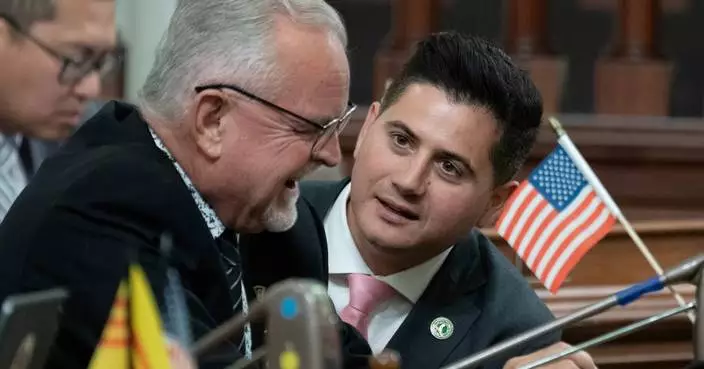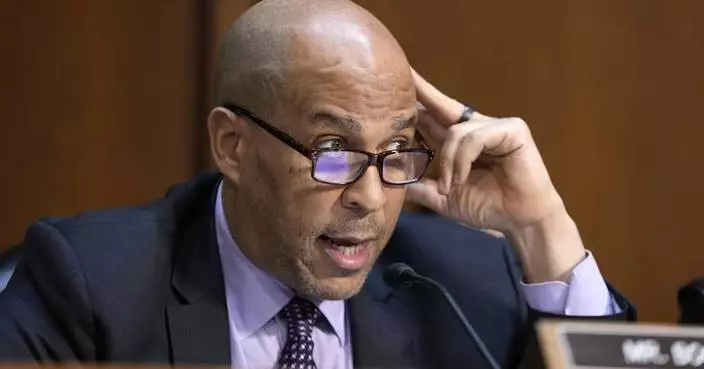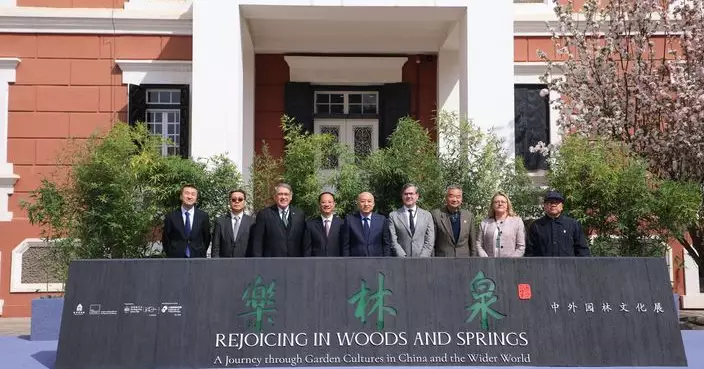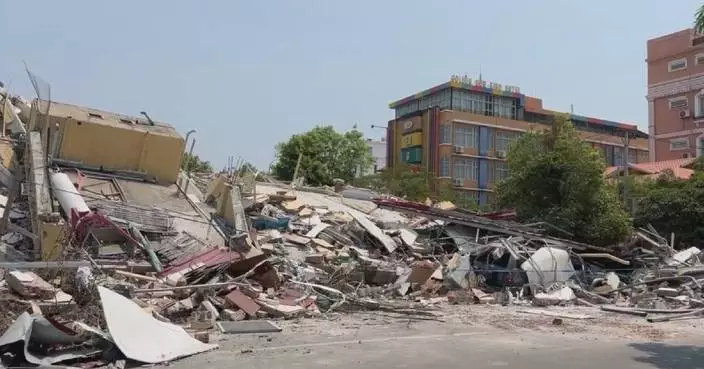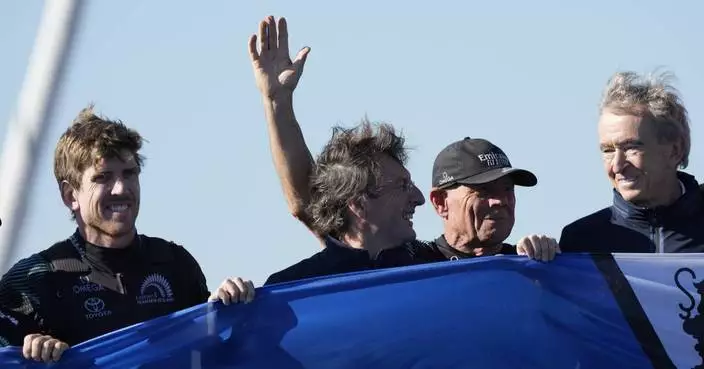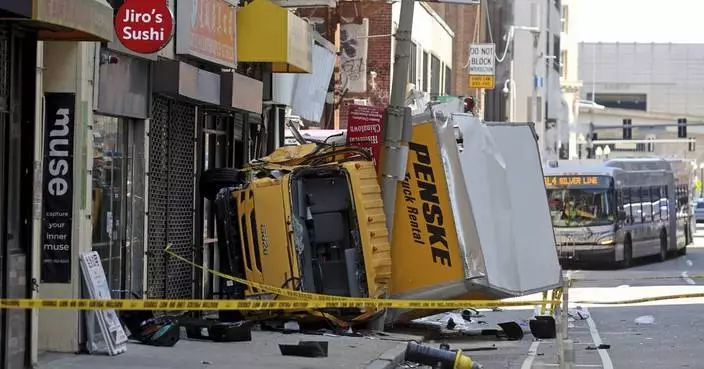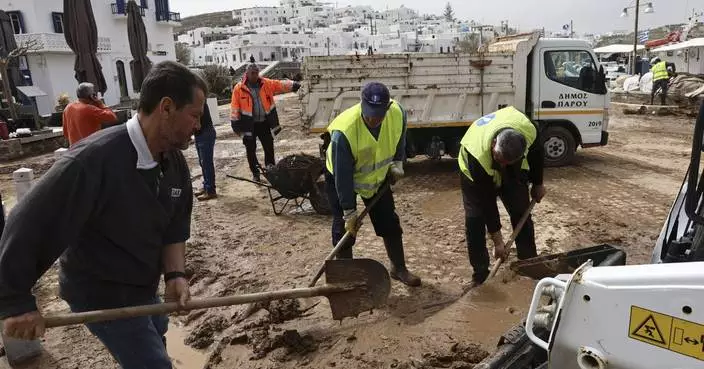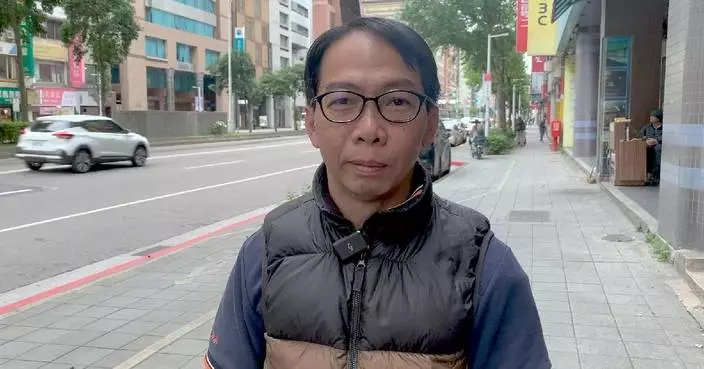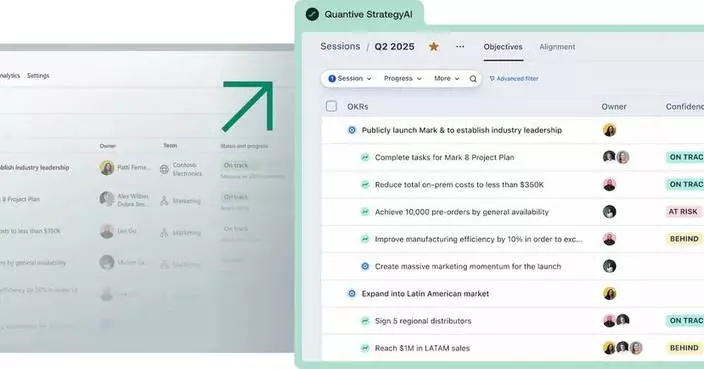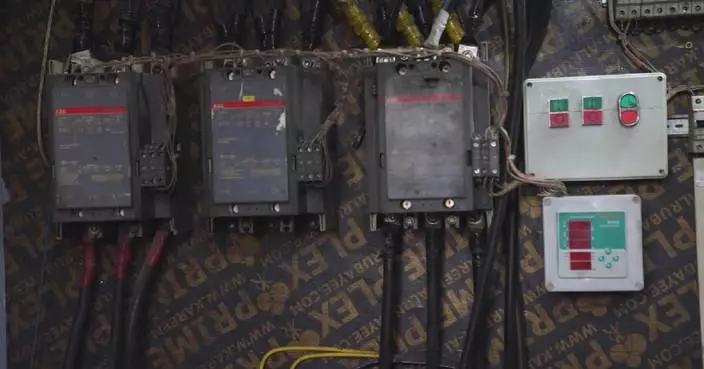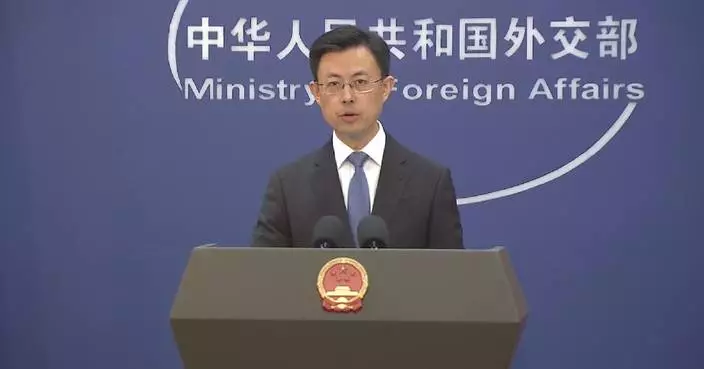A South Korean commission found the country violated its children’s human rights by facilitating a foreign adoption program rife with fraud and abuse.
The landmark report released Wednesday followed complaints from hundreds of adoptees in Europe, the United States, and Australia, and represented the most comprehensive investigation into a foreign adoption program that sent some 200,000 South Korean children abroad.
The report aligns with what The Associated Press documented in an investigation last year. That investigation described how birth mothers were pressured or deceived into giving up their children while adoption agencies bribed hospitals to route babies their way.
Many adoptees have grown up to discover their documents were fabricated, the AP found. Some who’d been told they were abandoned learned that they had actually gone missing or been taken, and their parents back in Korea had searched for them for decades without knowing they were sent abroad.
The reporting showed t hat Korea’s government worked to make foreign adoptions as easy as possible to offload its social welfare costs. Humanitarian workers warned in real time that adoption agencies were aggressively competing for babies. Yet Western nations ignored these problems — sometimes even pressuring South Korea to keep the kids coming — as they focused on satisfying intense domestic demands for babies.
“The commission determined that the state violated the human rights of adoptees protected under the constitution and international agreements, by neglecting its duty to ensure basic human rights, including inadequate legislation, poor management and oversight, and failures in implementing proper administrative procedures while sending large numbers of children abroad,” the commission said in a statement.
The AP has heard from dozens of adoptees since the project published, including a documentary made with Frontline (PBS), and many of them asked for help finding their own origin story. The AP has compiled some resources here.
The search for many is an intimidating and emotional ordeal. Both the AP investigation and the commission’s report this week found that children were routinely listed as abandoned, even when they had known family. Children’s identities’ were often switched: if a child intended for adoption died, became too sick to travel or was taken back by their birth family, agencies would swap in another child to avoid starting the process from scratch.
Those practices often make family roots difficult or impossible to trace. Government data obtained by The Associated Press shows less than a fifth of 15,000 adoptees who have asked South Korea for help with family searches since 2012 have managed to reunite with relatives.
Multiple European countries have launched investigations into their own culpability in abuse in the Korean adoption system. The United States, which has taken in more children than any other nation, has not yet done so.
Sang Hoon Lee, one of the Korean commission's standing commissioners, told the AP that a more systemic evaluation would require a closer look at adoptions to the United States, which by far was the largest recipient of Korean children. U.S. adoptees accounted for a smaller number of complaints received by the commission, most of which were filed by adoptees in Europe.
The Korean commission recommended the country, among other things, apologize to the children it sent away. Some experts, including lawyer Choi Jung Kyu, who has handled various human rights lawsuits against the government, criticized the commission’s recommendations as too vague and lacking specific measures for reparations.
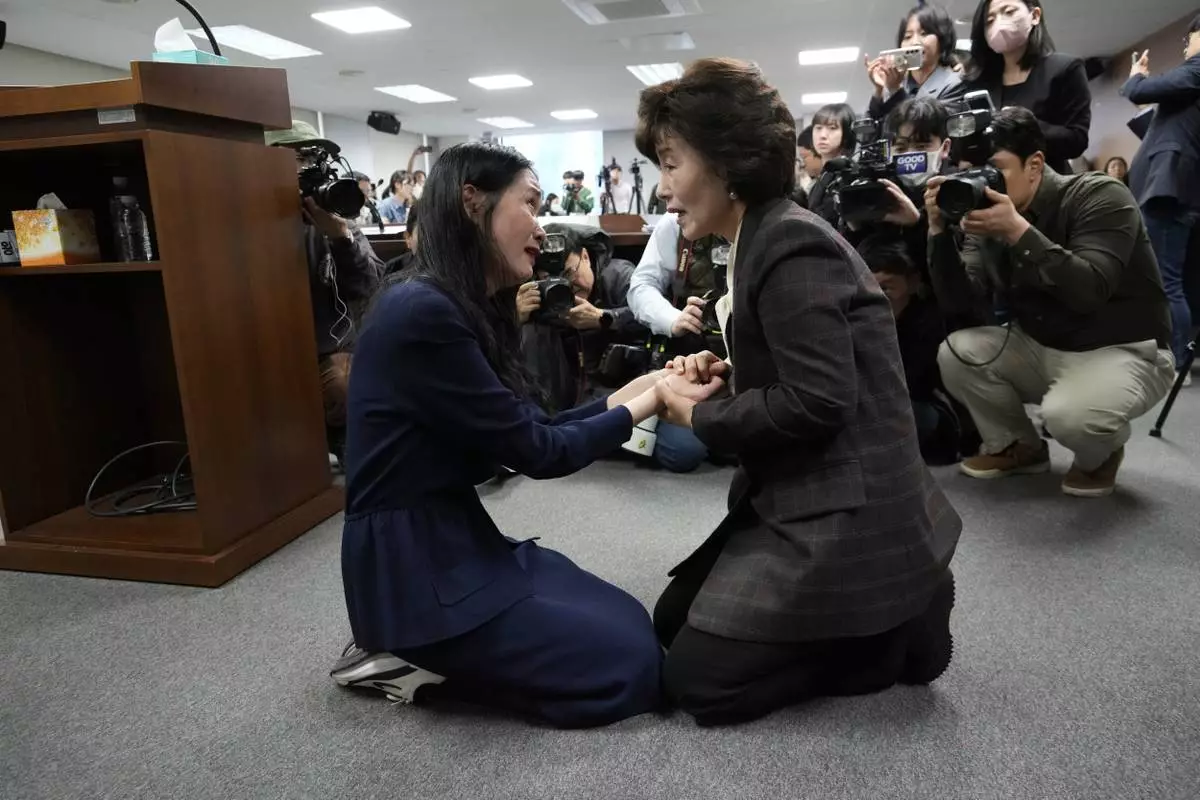
Truth and Reconciliation Commission Chairperson Park Sun Young, right, comforts adoptee Yooree Kim during a press conference in Seoul, South Korea, Wednesday, March 26, 2025. (AP Photo/Ahn Young-joon)


